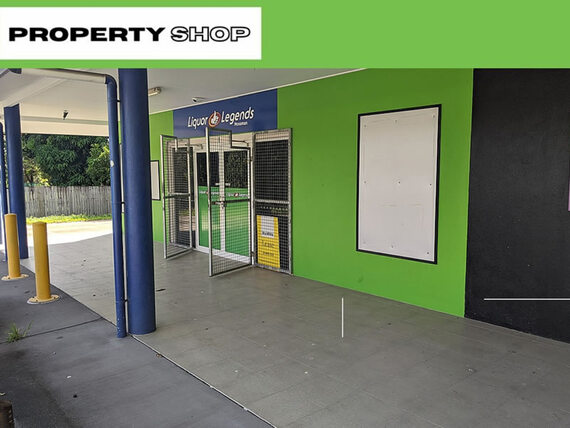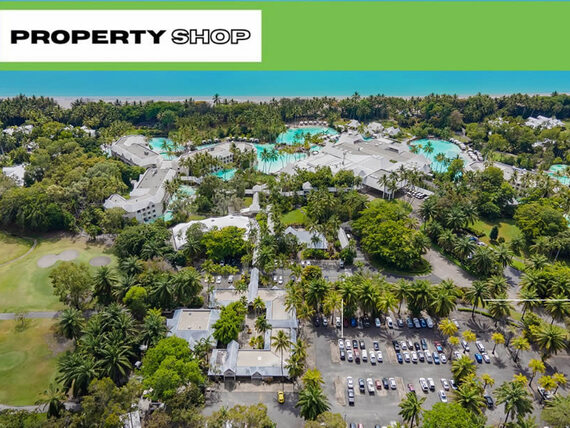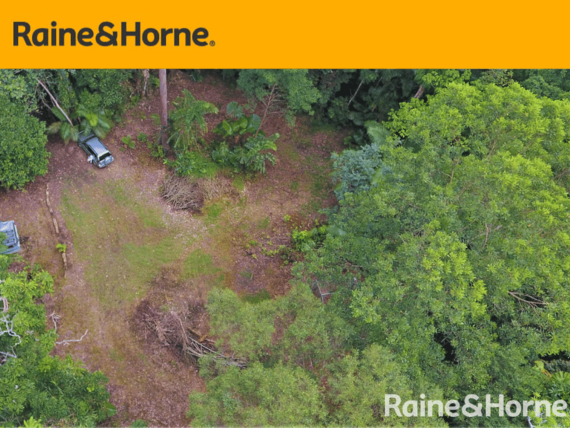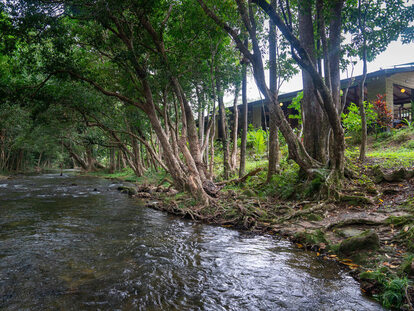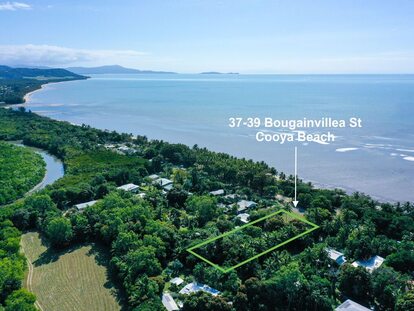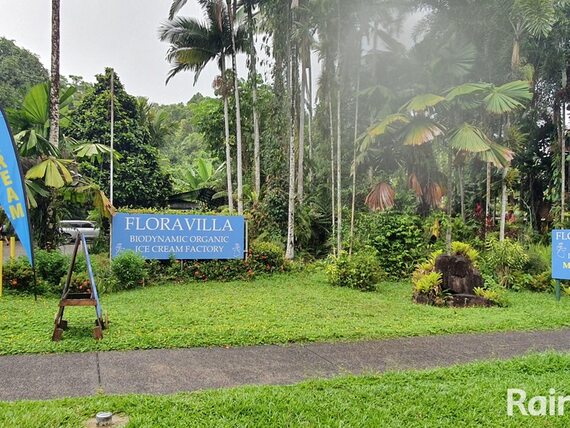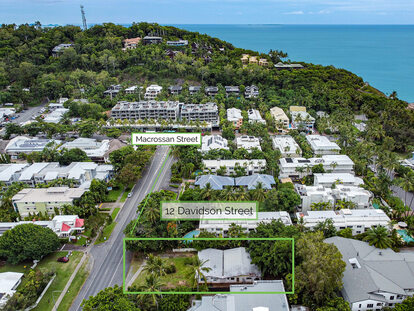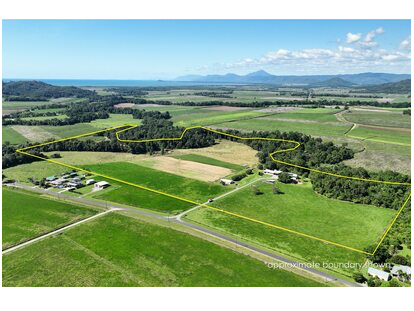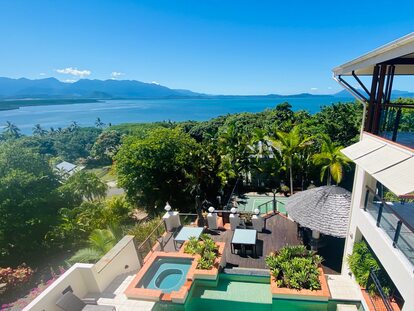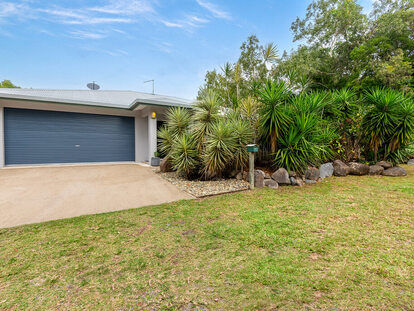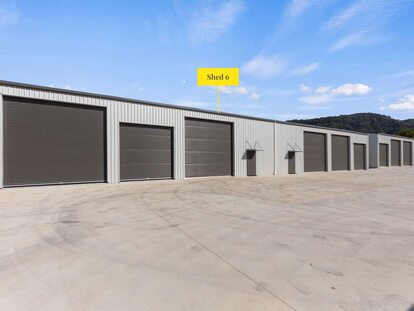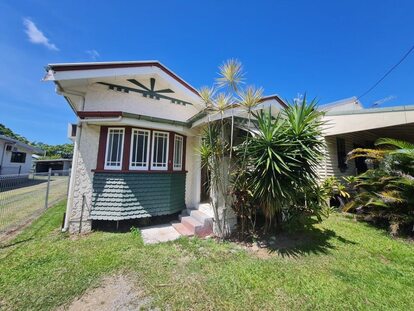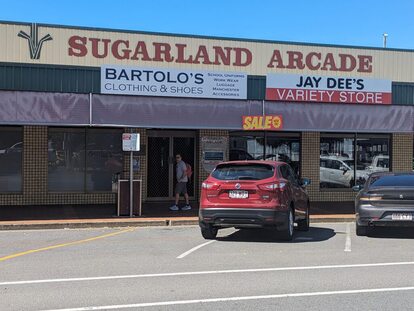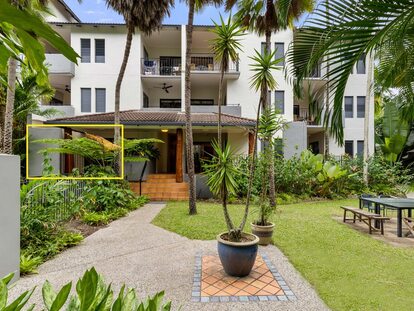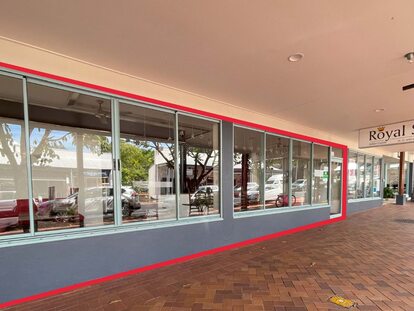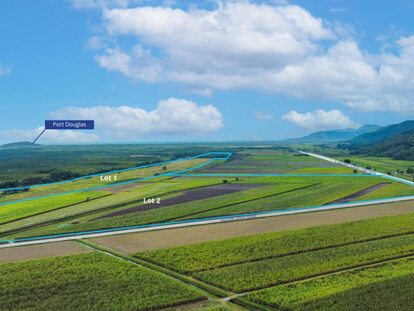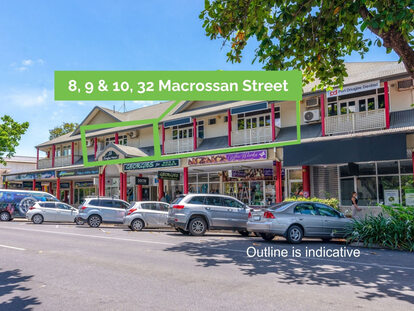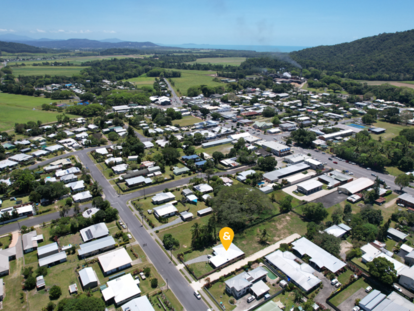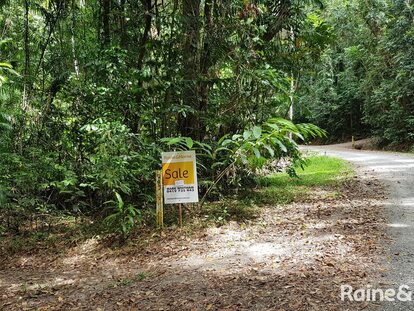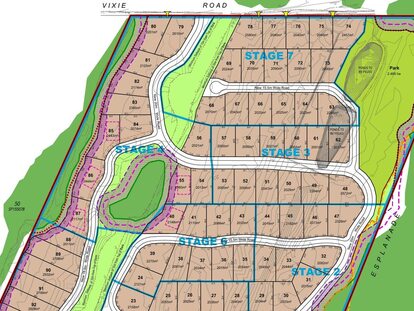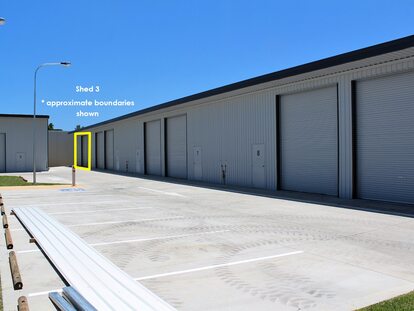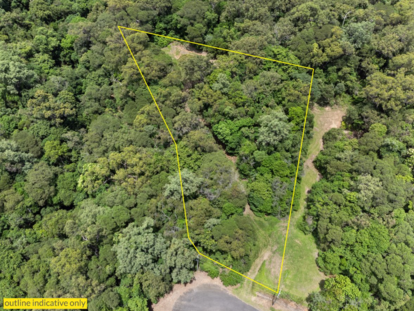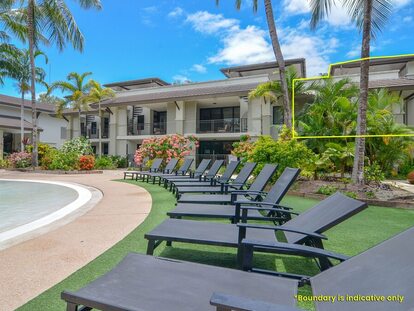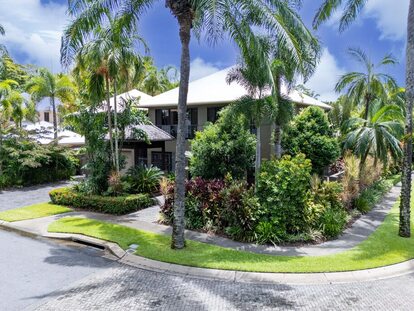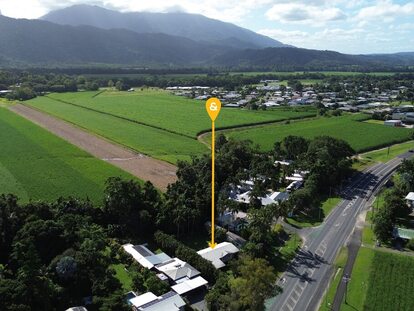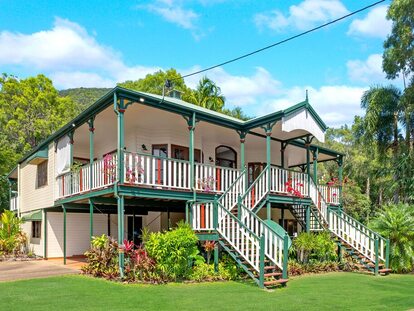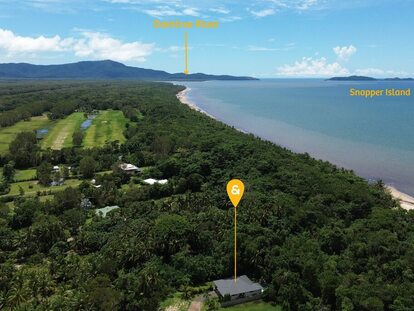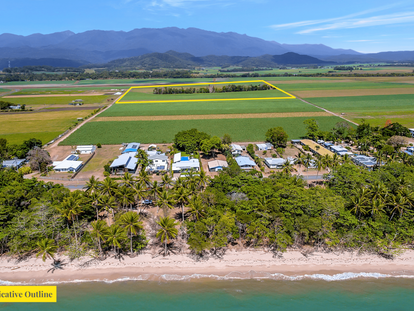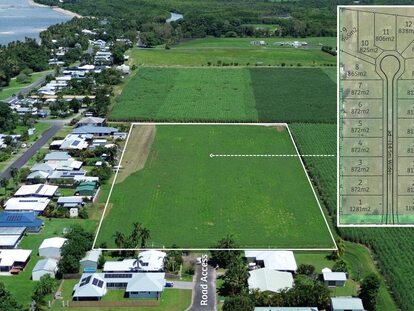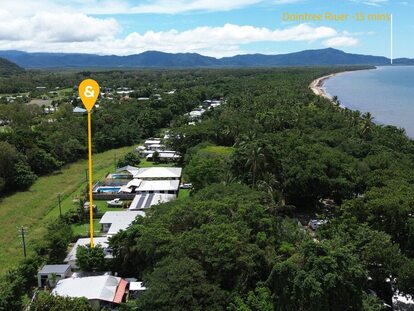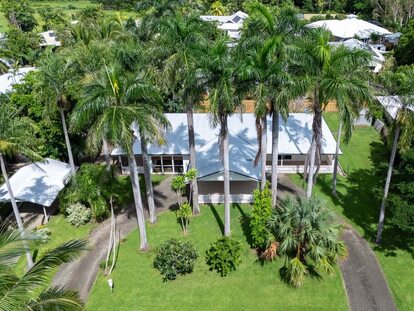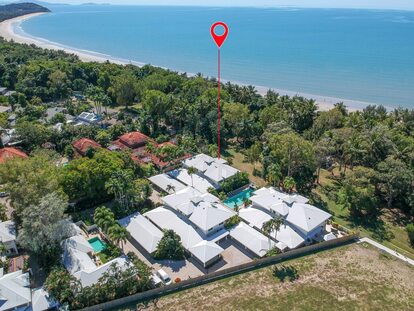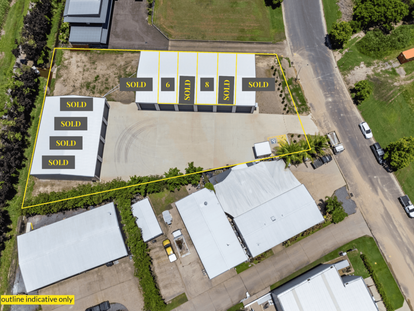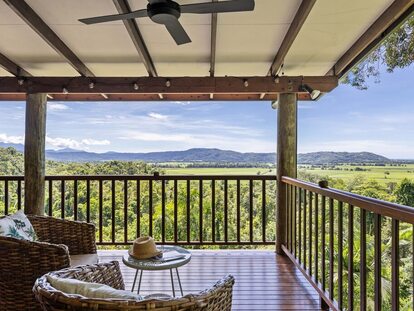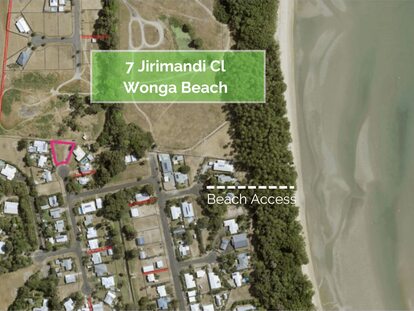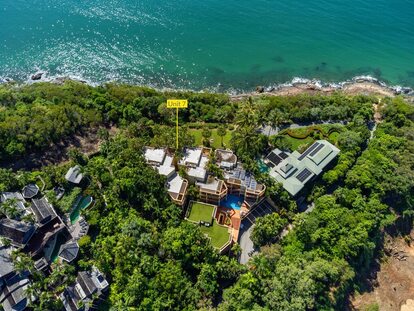Both sides call bluffs
COLUMN
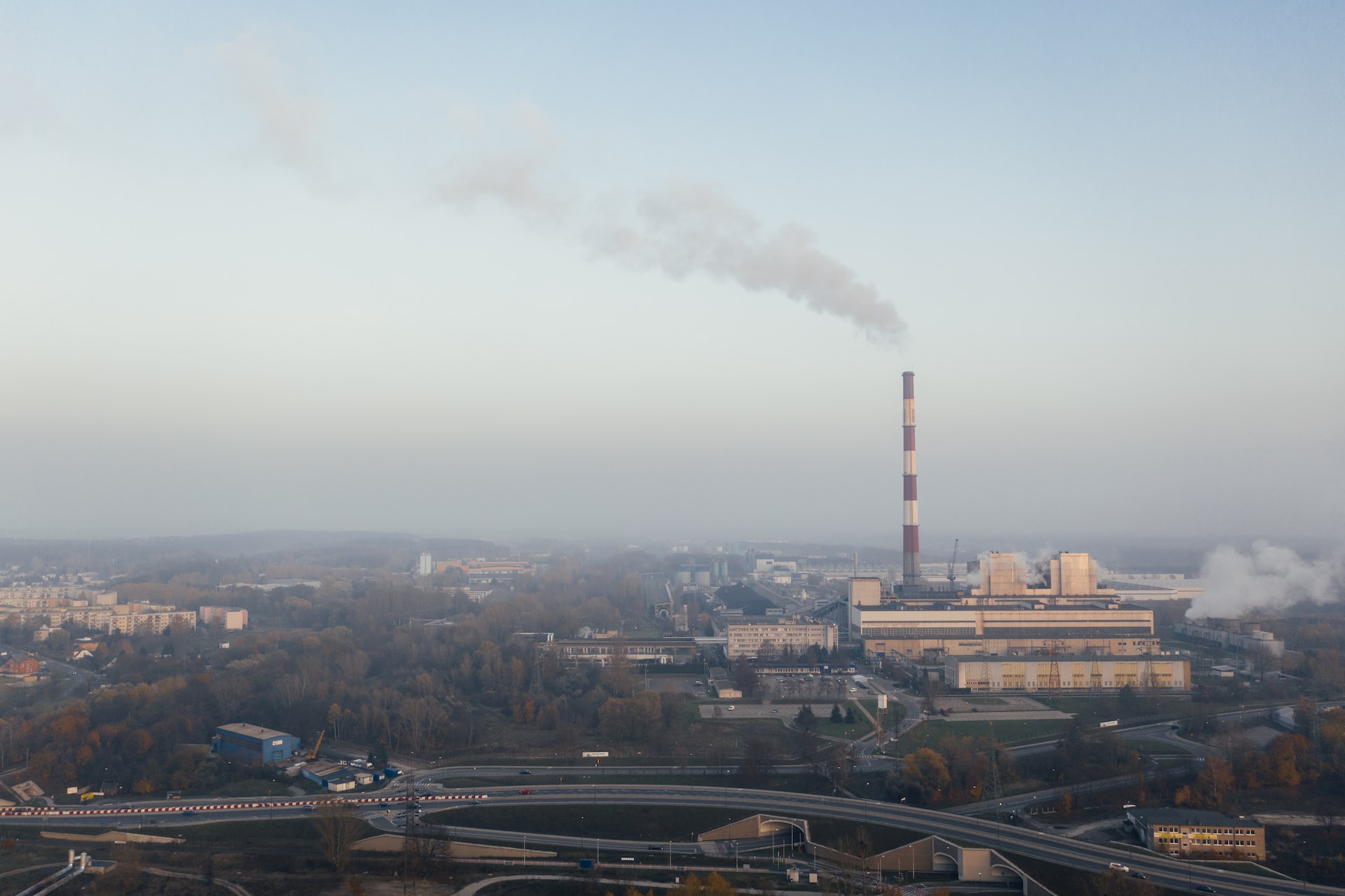
The bluffs of two of the most powerful industries in Australia have been called – one each by each side of politics. Federal Labor has taken on the fossils of the fossil-fuel industry and the NSW Liberals have taken on the gaming industry.
It is a significant power shift.
Hitherto, when a proposed government policy (state or federal) threatened the commercial interests of an industry, the launch a PR onslaught (of its nature dishonest) would intimidate governments to abandon the policy.
The May 21 election changed that. After May 21, the major parties have had to acknowledge the seat-burning effect of pandering to – well let’s face it – corruption: doing the bidding of sectional corporate interests and misapplying public money to uneconomic marginal-seat infrastructure projects.
Energy Minister Chris Bowen last week correctly laughed at Santos suggesting that the Government’s modest energy price cap amounted to “Soviet-style” intervention.
And so did the electorate, which according to opinion polls, suggested support for market intervention when the market had plainly failed to counter industry’s profiteering from the Russo-Ukrainian war.
The argument that the intervention would curtail investment was treated with similar distain. Sure, Santos is going to take its money to other places that don’t correct market forces – like hell-holes in Africa where the price of doing business is a cream-off to the Swiss bank accounts of the President for Life and his extended family.
Grow up. Stable rule-of-law Australia will always be a resource-investors place of choice.
In 2010 the Rudd Labor Government got intimidated by a mere $22 million media blitz to abandon its resources rent tax – thinking that the dumb electorate would swallow the propaganda.
Well, a decade and a half later, the llesson from 21 May is that the electorate is not so dumb. It recognises – just like the Norwegians – that these resources belong to Australians and they cannot be dug up for nothing and sold for a fat profit for the benefit of mainly foreign shareholders.
Meanwhile in NSW, Liberal Premier Dominic Perrottet, is staring down the gaming “industry” and its cashed-up mouthpieces. It is not an industry. The only things it produces are misery and great big washing machines to launder money.
Perrottet is determined to introduce cashless gaming. It will mean criminals cannot go into casinos or poker-machine-laden clubs with wheel-barrow loads of cash and shovel it through with a typical return of about 80 or 90 per cent and a receipt that makes the returned money “legitimate earnings”.
With a cashless system all the transactions can be traced through the banking system. A side effect will be a welcome brake on the level of addictive gambling.
The old PR onslaught of clubs providing “community benefits” and “jobs” is not cutting the mustard. The expense is too great. The lion’s share of gambling input in Australia comes from two sources: money to be laundered and the gutting of the pay packets of the hopelessly addicted.
NSW Labor is foolishly imagining that there are a few votes in hedging its bets (pun intended) by sitting on the fence. But NSW Labor, which has had a whiff about it for a long time, should recognise that since May 21 there are few votes in gaming.
It was not always so. In 2018 the Tasmanian Liberal Party raked in bags (declared ones not brown-paper ones) of money from the gaming industry which was used for election-winning, yobbo-appealing TV ads. The ads no longer appeal. The electorate is getting smarter.
Similarly, before May 21, Queensland Labor folded in the face of a self-interested property industry and repealed a sensible land-tax proposal before it got off the ground. The proposal was to include a land-holder’s interstate holdings in determining the threshold and level of tax on the land-holder’s Queensland holdings.
If copied by other states, the Queensland proposal presented a great opportunity to move the tax base away from stamp duty. But no, the White Shoe Brigade, with its powerful (and secret) voice to the Queensland Parliament, got its way. Property’s voice to Parliament then was tantamount to veto rights which we really should be scared of.
But that was before May 21.
These are welcome changes, but undoing the undemocratic excesses of the Morrison Government (Robodebt, secret ministries and marginal-seat rorts), is just a first step. Equally important is the prevention of repetition.
Without that, of course, “the other lot” can replicate or make the malfeasance worse by entrenching it.
Again, there are encouraging developments. The federal government is going to abolish the Administrative Appeals Tribunal, saying it has been “irreversibly damaged” by the Morrison Government which stacked it with former Liberal MPs, candidates and staffers.
The new body will have a more transparent appointment process. A parliamentary disallowance mechanism would be a good start. That should apply to appointments across the whole statutory-body ecosystem. But governments in the past have been reluctant to lessen their appointments power, so we shall see.
But it is not all good news. The remaining big-ticket item is the military. Australian policy-makers have a fundamental mismatch of aims. On one hand, they want the jobs and industry capacity building of local production and the attendant (and, of course, purely incidental) benefits to marginal electorates. On the other hand, they want “inter-operability” with US forces and equipment.
Surely, if you are going to be Deputy Sheriff, it is cheaper, quicker and easier to use the same metal die to cast the badges. We should buy the stuff of the Wal-Mart shelf instead of reinventing the wheel if that is going to be our defence policy.
Either way the big foreign-owned arms industry wins. Few are questioning the need for this rapid arms build-up or the greater expense of building locally. The power of the military-industrial complex against which outgoing President Dwight Eisenhower so prophetically warned us about in 1961 has only got stronger.
Its quiet voice to parliament and policy makers is more powerful than that of the fossil-fuel, gaming and property interests combined.
Thank you!
Newsport thanks its advertising partners for their support in the delivery of daily community news to the Douglas Shire. Public interest journalism is a fundamental part of every community.
Got a news tip? Let us know! Send your news tips or submit a letter to the editor here.
* Comments are the opinions of readers and do not represent the views of Newsport, its staff or affiliates. Reader comments on Newsport are moderated before publication to promote valuable, civil, and healthy community debate. Visit our comment guidelines if your comment has not been approved for publication.










